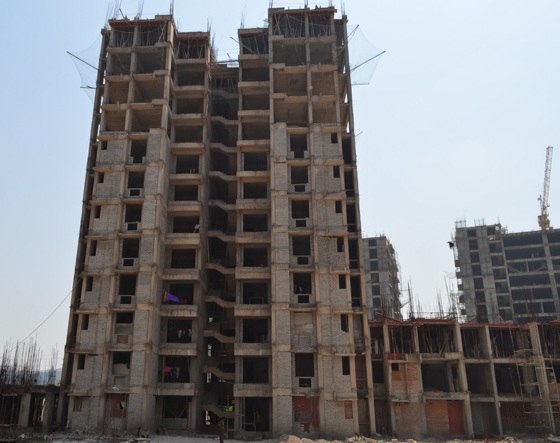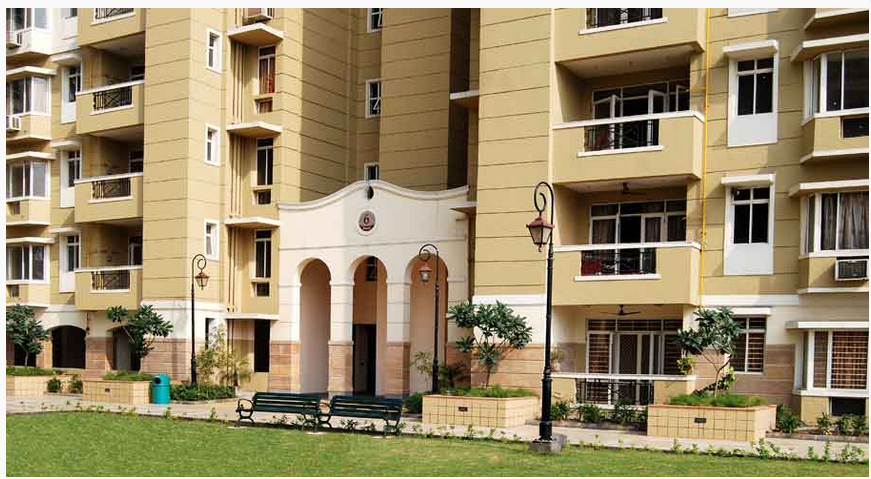Impact of GST on real estate buyer/consumer
The Goods and Services tax (GST) is touted as a game changer in the current tax regime.
The current tax regime levies indirect taxes like central excise (on manufacturing of goods), sales tax (on inter state sale of goods), service tax (on services), VAT (inter state sales and purchases) and Luxury taxes (purchase of premium goods or serzvices).
The GST once implemented (to be implemented by April, 2016) would replace the current regime of various indirect taxes on goods and services at different stages of business supply chain.
There will only be a harmonized CGST (Central GST) and SGST (State GST) depending on nature of services and goods.
Wikipedia states it could be as high as 27% but a recent indication from Finance minister pegs it at between 18% and 22%.
Source: Wiki_Goods_and_Services_Tax_(India)_Bill
This is surely expected to help business owners in the sense that the expenditure they do on setting up complex tax departments for paying off taxes at different stages would be minimized.
Also, any reversal of order would mean a timely settlement of taxes thereby saving time and interest on taxes both.
The impact of GST on end consumers is however debatable. While eating in AC restaurants (where 20% to 30% is payable as tax) could become cheaper, price that a consumer needs to pay for a property are expected to move upwards. Unlike other countries, government has not thought of or come up with any consumer redressal commission to ensure the consumers are not charged beyond what is essential.
We take this opportunity to dwell upon and discuss its possible impact on a real estate consumer/buyer.
Currently, for an under-construction flat, a buyer pays Service tax, VAT (state matter, applicable in some states on use of goods in construction) and Luxury tax (implicit, for luxury project).
The service tax is around 14% (assuming notification date is nearing) on some components and 3.5% on basic, VAT is 1% to 5% in states.
After implementation of GST, the builder/developer will be charged a flat 18% to 22% on procurement of good (raw material), movement of good, use of good and provisioning services.
As a matter of precedence, the burden of this tax would be transferred to the buyer.
This is expected to bring an additional load of 4% to 8% tax on the consumer/buyer.
The ultimate victim it seems would be the flat buyer/consumer at the expense of indirect gains to the business.
After this increased load on buyer, one would just hope that the quality of services and committment to timelines would be met so that there is at least some sigh of relief to the already burdened real estate buyer.
Comments/Feedback invited.
[lastupdated]



